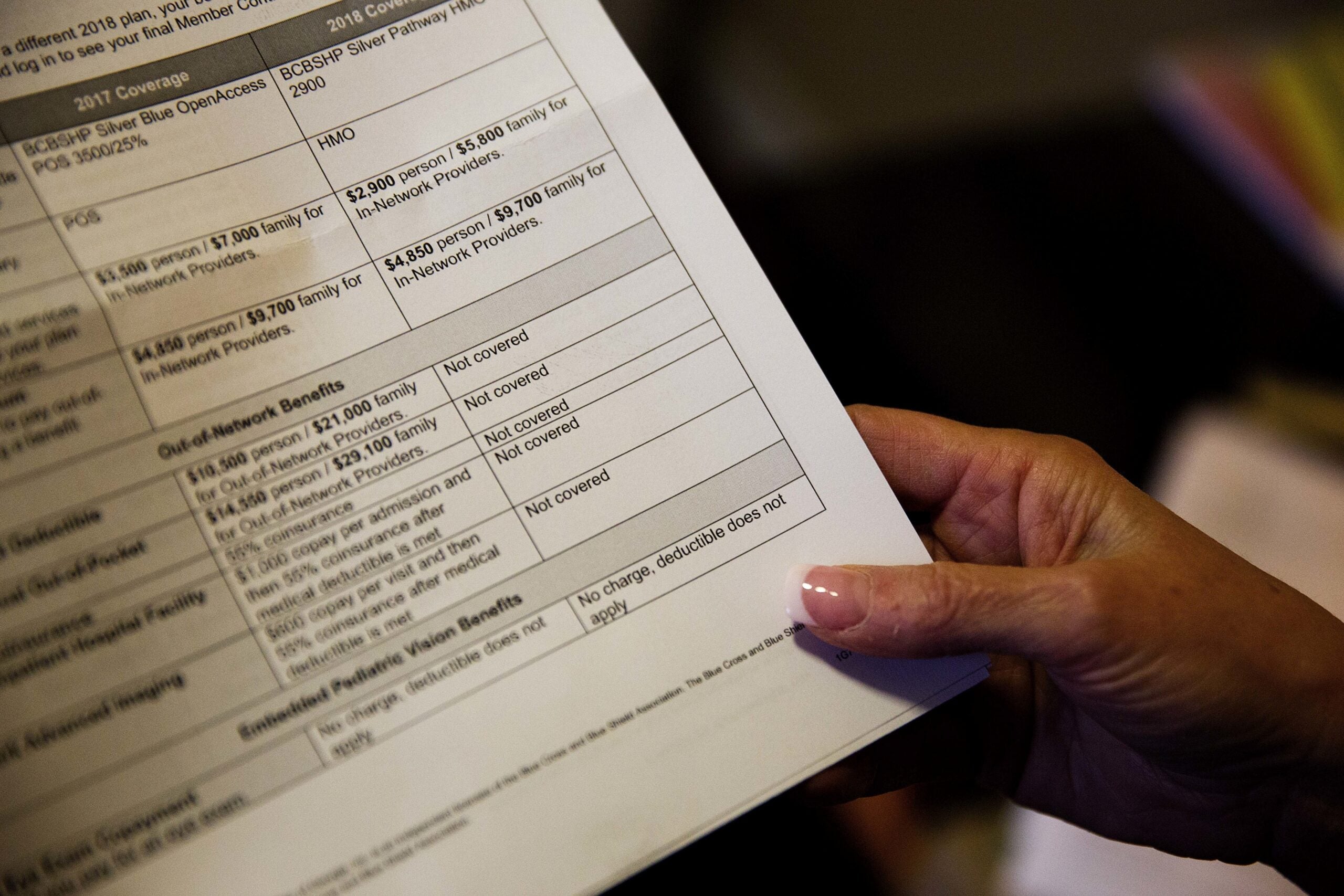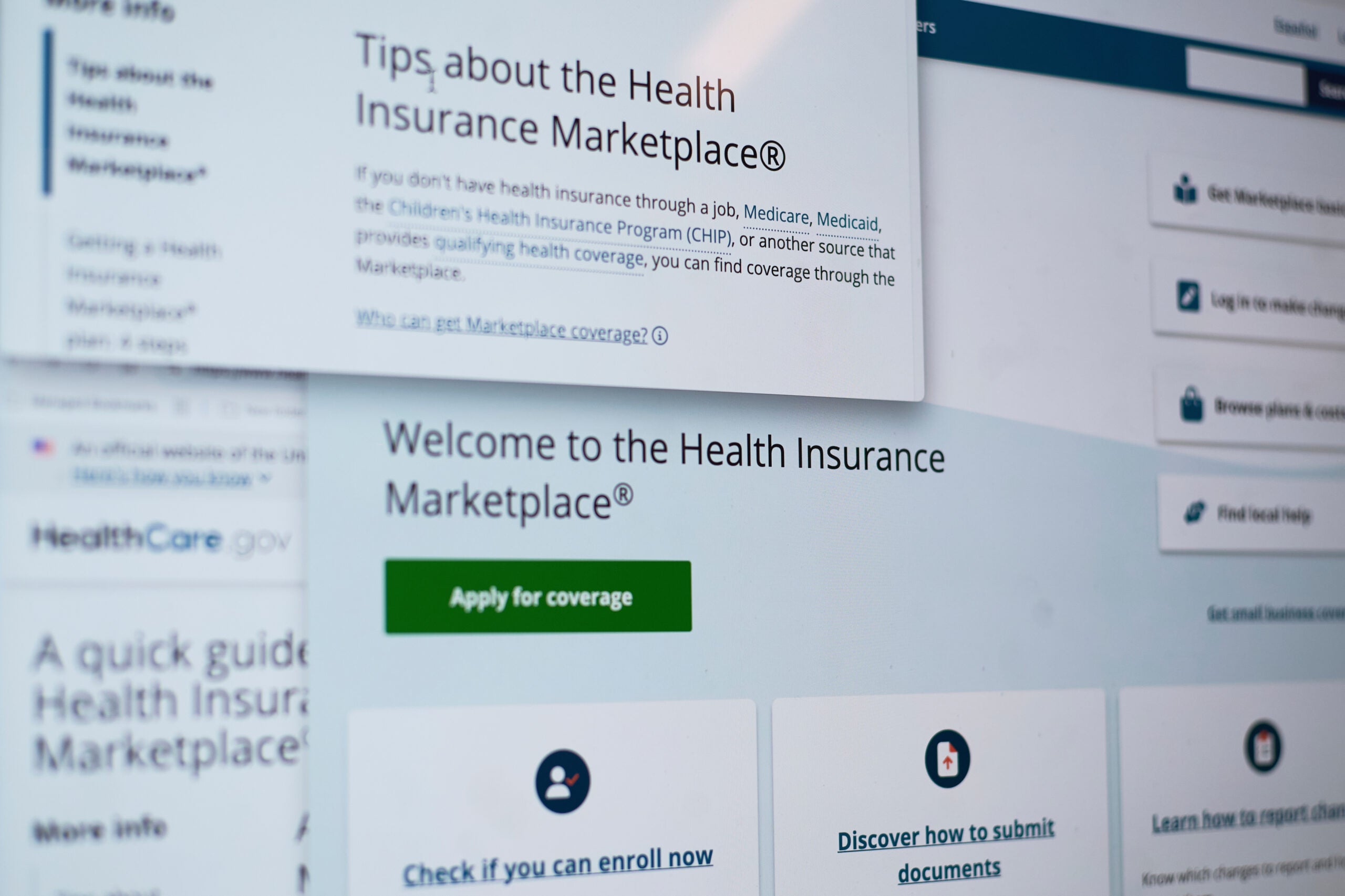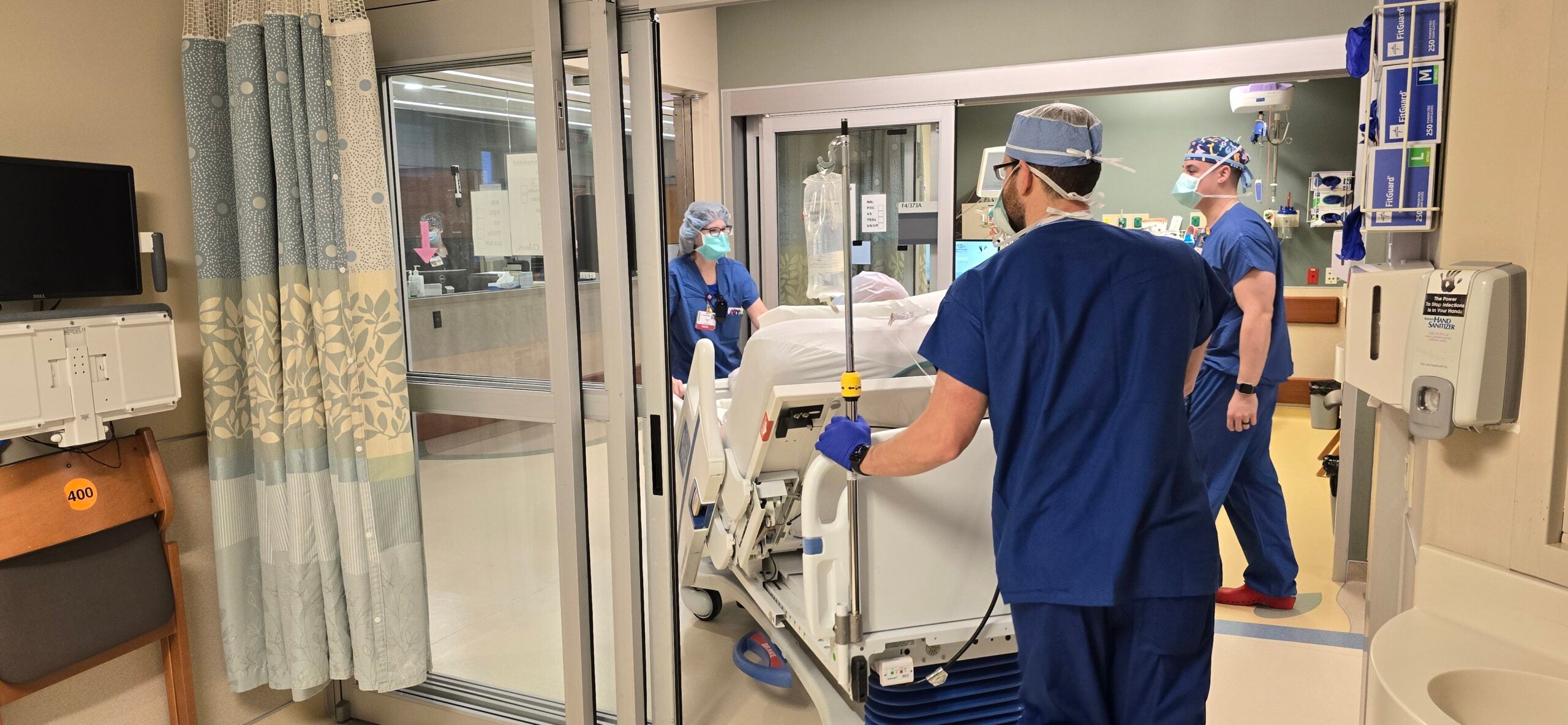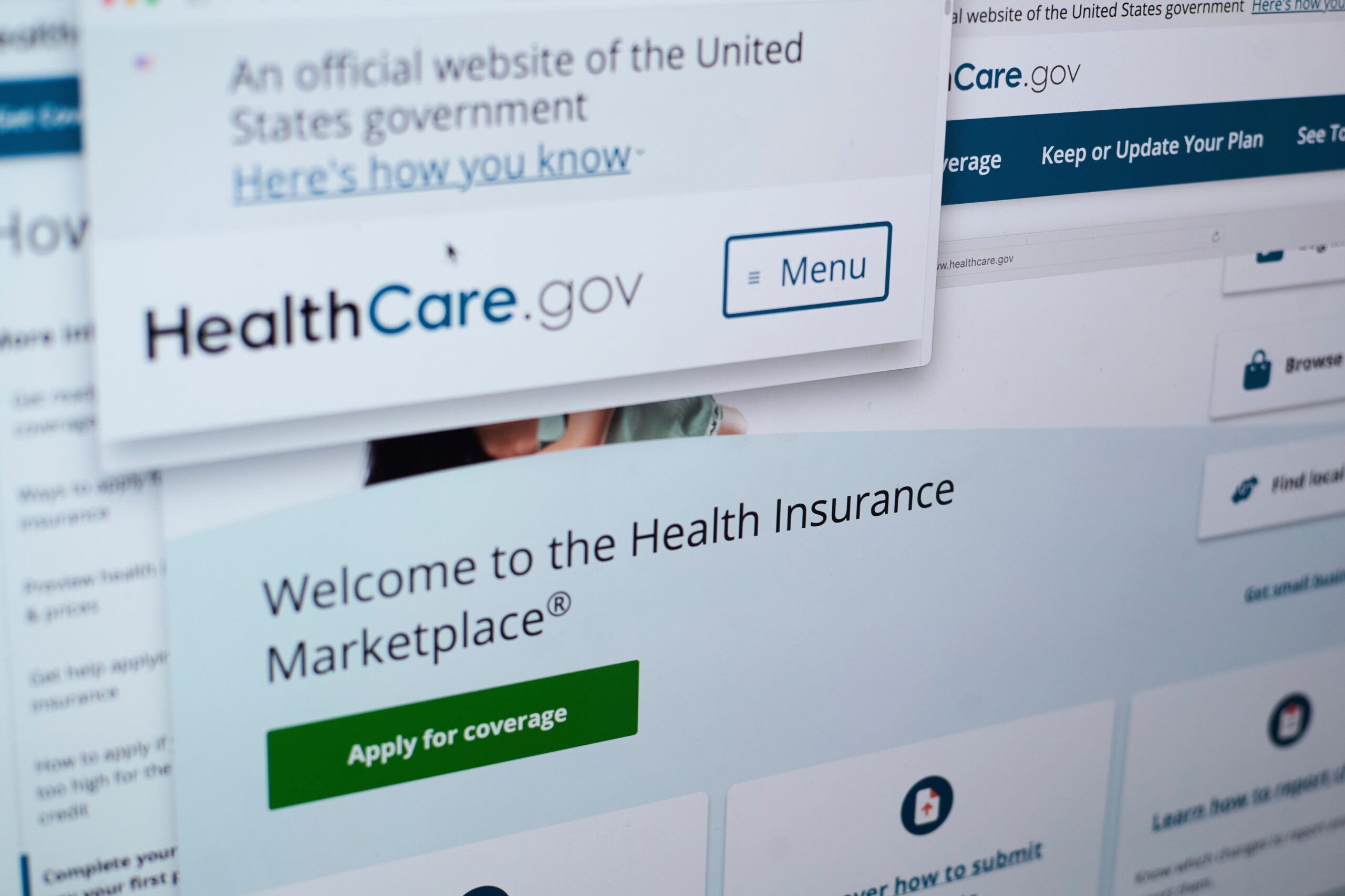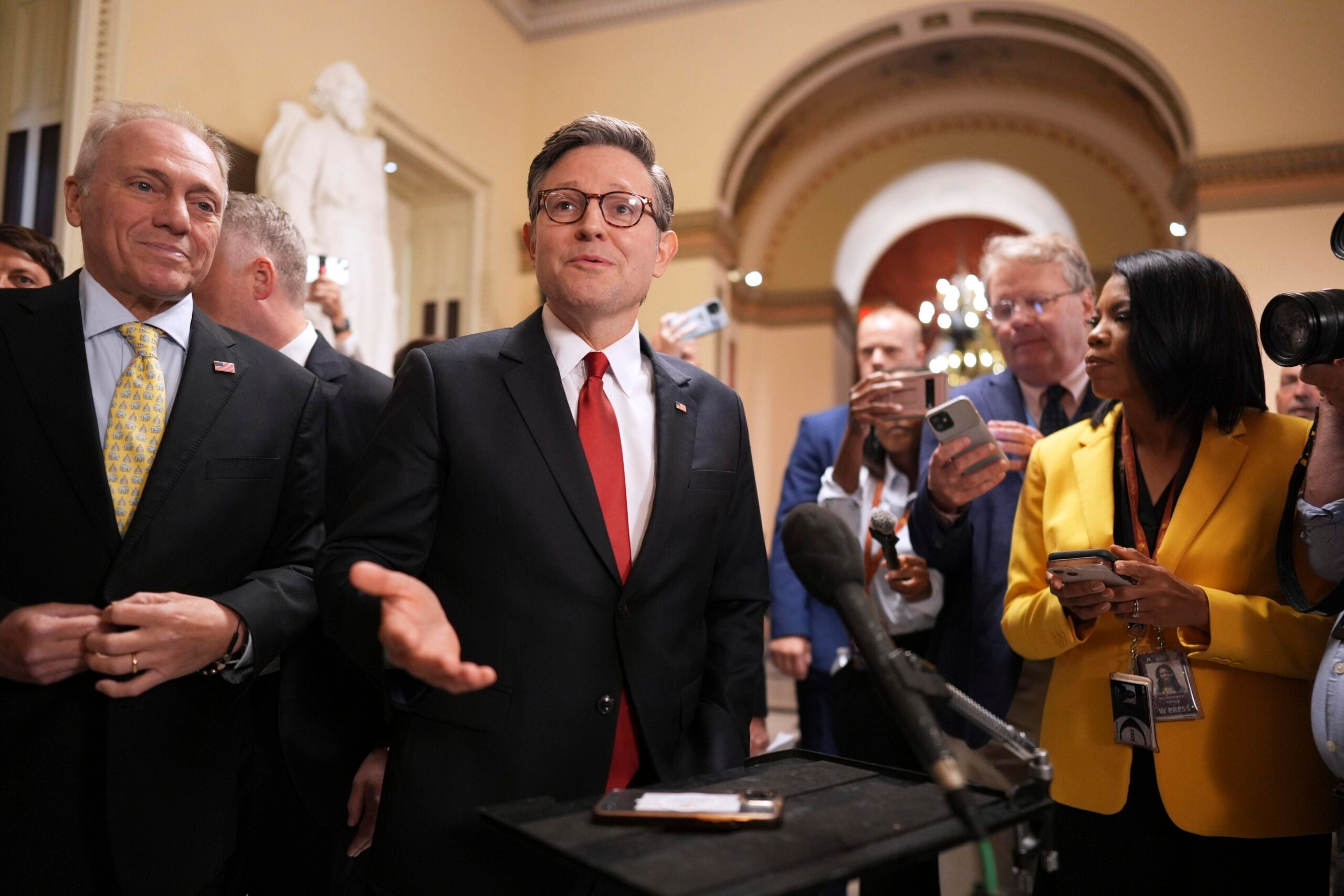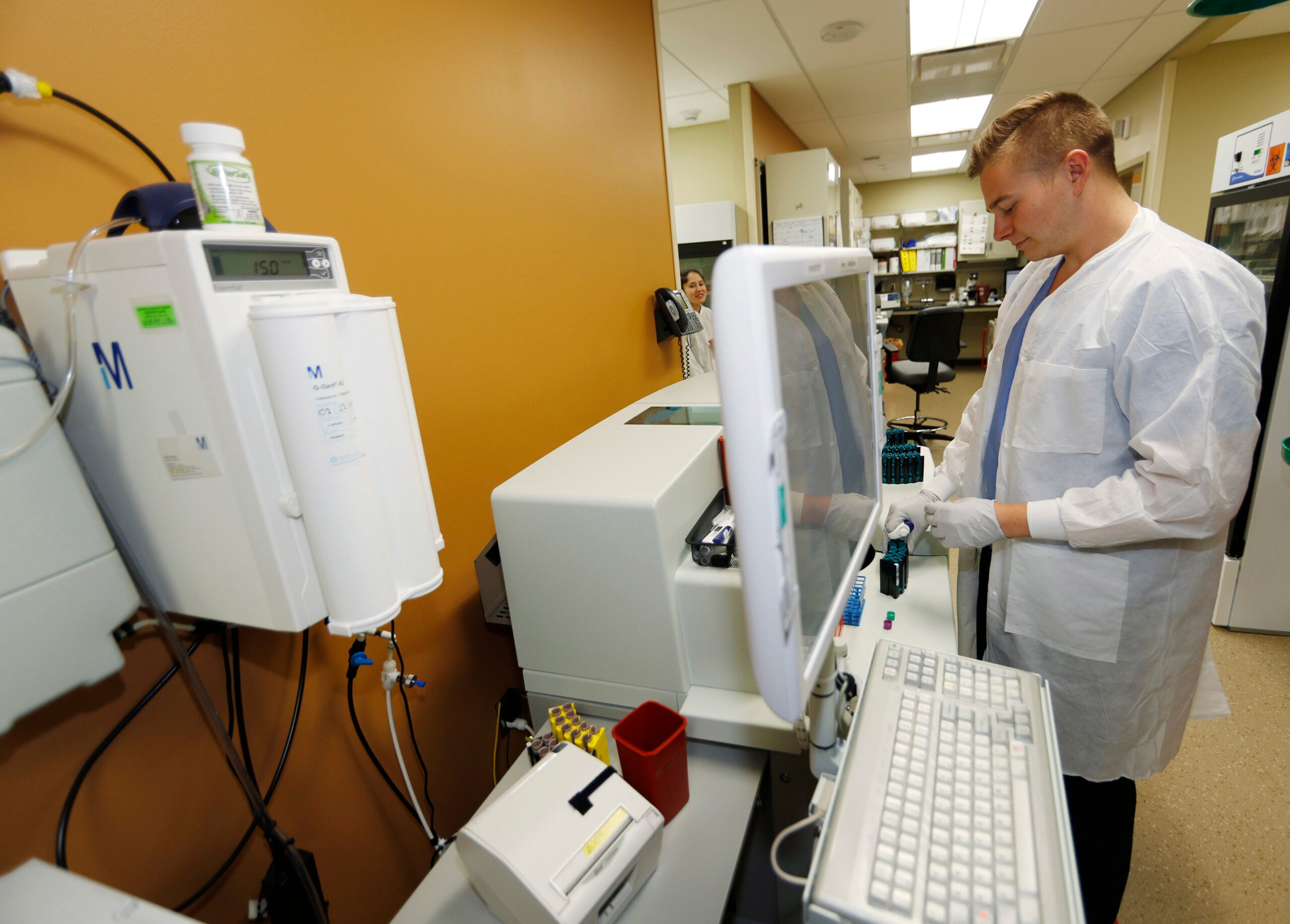A survey on health coverage for the first three months of this year shows the number of Americans with health insurance held relatively steady compared to 2017.
The National Health Interview Survey shows about 9 percent of people of all ages were uninsured in January, February and March of 2018 and 12 percent were without coverage in the 18 to 64 age group. The most recent report from the Wisconsin Department of Health Services shows 92 percent of state residents had health insurance for the entire year of 2016.
Both reports found younger people were most likely to go without insurance.
News with a little more humanity
WPR’s “Wisconsin Today” newsletter keeps you connected to the state you love without feeling overwhelmed. No paywall. No agenda. No corporate filter.
Wisconsin’s Family Health Survey showed adults ages 18 to 44 were the least likely to have coverage.
The National Health Interview Survey found in the first three months of 2018, adults ages 25 to 34 were more likely than adults ages 18 to 24 to lack health insurance coverage. Under the Affordable Care Act, children can stay on their parents’ policies until age 26.
Five percent of those with insurance purchased it on Wisconsin’s federally run marketplace, according to the state survey.
Most people in Wisconsin buying plans sold on the ACA marketplace get subsidies; nearly 88 percent get tax credits to offset the price of premiums. But those who don’t qualify can be faced with high costs.
An earlier federal report from the Centers for Medicare and Medicaid Services shows a 13-percent drop from 2016-17 in the number of ACA plans sold in Wisconsin without subsidies. Nationwide, unsubsidized enrollment fell 20 percent during that period.
Lisa Marie Ludwig lives in Winchester, north of Minocqua. She considered buying ACA coverage but didn’t. She and her husband qualified for help based on their income, but not enough they felt they could afford insurance. So, they went without.
“Our subsidy would have been not a whole lot and we would have had to pay nearly $1,000 for our premium and the deductible upward of $12,000. It was absolutely ridiculous,” Ludwig said.
Like most people, Ludwig has had insurance from her employer. But she left her job in September 2017 to go back to school to get her master’s degree in social work. She plans to finish at the University of Wisconsin-Milwaukee in August 2019 and hopes to get a job that provides health insurance for its employees.
But in the meantime, she worries about potentially costly health problems or simple mishaps becoming financial burdens.
“I was out walking the dogs one day on a forest trail when I sprained my ankle. I heard a snap, went down and thought, ‘I don’t have insurance, what am I going to do if this is serious?’ Thankfully I have access as a student to campus health care, and it turned out to be a severe sprain not broken,” Ludwig said.

Zach Young Photo courtesy of Zach Young
Zach Young also has gone without insurance because of the cost.
He didn’t have coverage from 2013-15 while he was in college where he studied atmospheric and oceanic science at UW-Madison. He now has a job at a Mequon day care and qualifies for Medicaid.
Young said paying for health care has been a struggle; he avoided going to the doctor for years even though he had trouble swallowing. Eventually he was diagnosed with eosinophilic esophagitis, a chronic immune system disease. Young now takes medication and says he feels better. But he worries about others who can’t fix health problems because of money.
“You shouldn’t have to worry whether you can pay for it, or if your job has a policy that’s appropriate,” Young said.
Wisconsin Public Radio, © Copyright 2025, Board of Regents of the University of Wisconsin System and Wisconsin Educational Communications Board.

